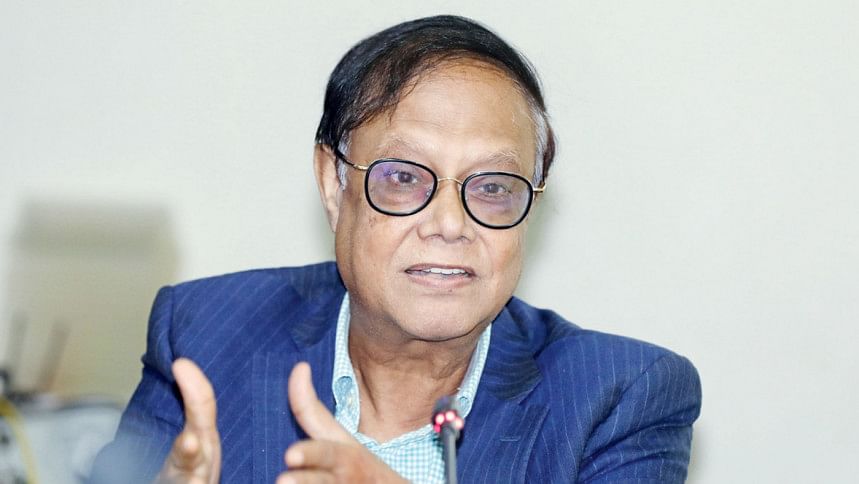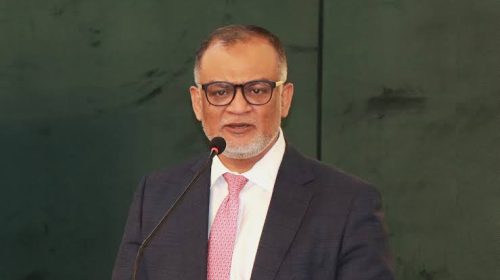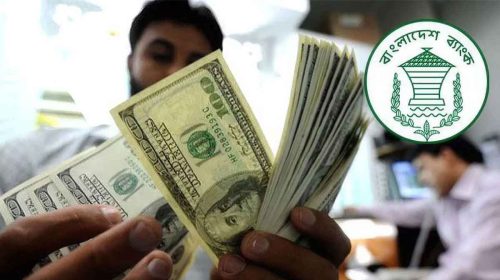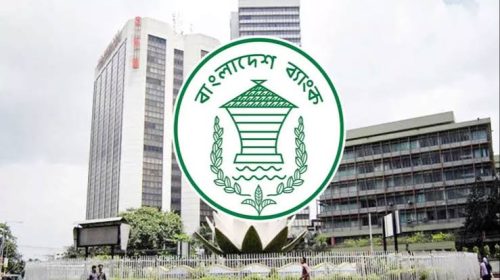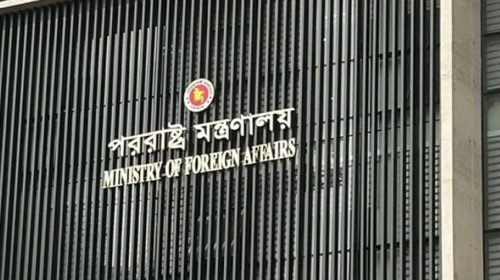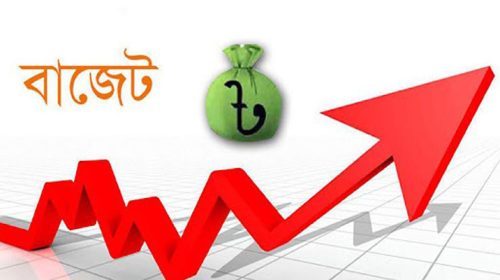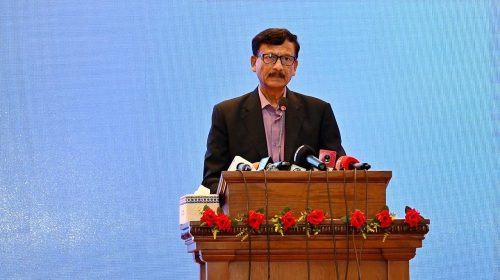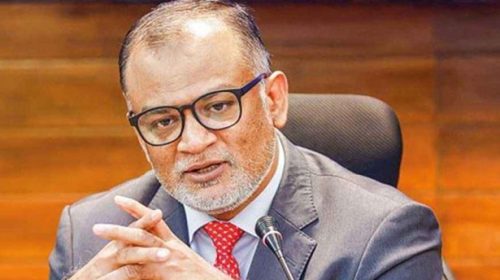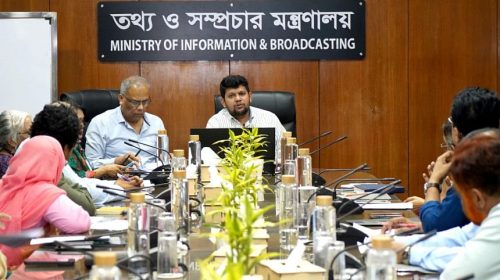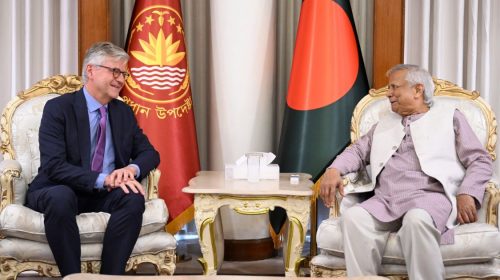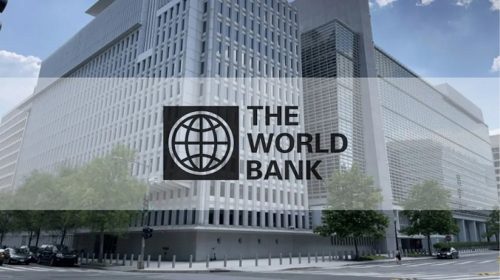Bangladesh Bank Governor Dr. Ahsan H. Mansur has announced a major shift in currency market regulation, stating that the central bank will no longer control dollar rates by sending officials or police to banks. Instead, exchange rates will now be monitored daily based on updates from banks, with policy adjustments made accordingly.
Speaking at a roundtable discussion titled “Implementation and Impact of Market-Based Exchange Rates” at The Westin Dhaka on Thursday evening (May 22), Dr. Mansur emphasized that the value of the dollar in Bangladesh will now be determined locally, not by prices in Dubai or other international markets.
He reassured the public that there is no need for panic, as the rate will be driven by demand and supply. The governor highlighted that international bodies like the IMF have long urged Bangladesh to adopt a market-based exchange rate, and after years of delay, the central bank has now met all reform conditions successfully in recent quarters.
Dr. Mansur opposed import restrictions on luxury goods, instead favoring higher taxes, allowing those who can afford such items to purchase them without driving demand underground. He also emphasized the need to develop a forward market to stabilize currency risks for investors.
On inflation, he projected a decline to below 7% by August and potentially down to 5% by year-end, marking a significant improvement.
Addressing concerns about capital flight, the governor noted that many Bangladeshis hold vast assets abroad due to trust issues with domestic security. He stated that economic reforms would require political reforms as well, ensuring asset safety within the country to curb money laundering.
He further declared plans to liberalize the exchange rate regime, ensuring that foreign investors can freely repatriate profits without needing central bank approval, with only tax regulations applicable.
During the event, Mastercard’s Country Manager Syed Mohammad Kamal assured that the dollar rate will not spike, and the upcoming Eid season will see increased remittance flows, strengthening the economy.
GPH Ispat MD Mohammad Jahangir Alam welcomed the market-driven exchange rate as a long-needed financial reform, noting that fixed rates had previously caused massive losses. However, he cautioned about low reserve levels and the potential impact of future crises.
He also warned about the U.S. imposing a 5% tax on remittances, which may drive more transactions through illegal channels like hundi, urging efforts to encourage remittances via formal banking systems.
Policy Exchange Bangladesh Chairman Dr. M Masrur Reaz echoed the sentiment, calling the decision to float the exchange rate a timely and essential reform. He highlighted that the IMF and World Bank had eased their pressure following this move and predicted a rise in remittances during Eid and lower import costs due to global commodity price drops.
With these developments, stakeholders expressed cautious optimism that Bangladesh’s economy is moving toward greater resilience and transparency.

